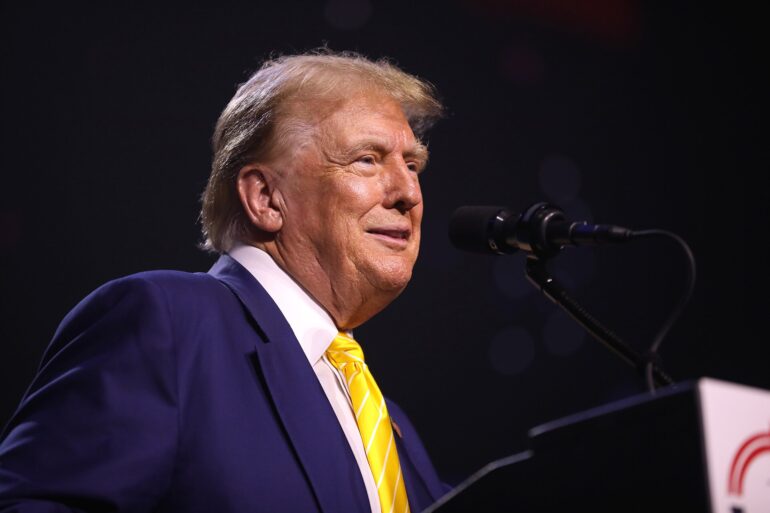At a NATO summit in The Hague, President Donald Trump reportedly asserted that recent military strikes on Iranian nuclear facilities resulted in their “total obliteration,” a claim he attributed to intelligence from Israel.
This statement comes amid rising tensions in the region and ongoing discussions about Iran’s nuclear ambitions.
According to Trump, Israeli officials confirmed the effectiveness of the strikes, stating that they had dispatched agents to assess the damage. “It was obliteration,” he declared, stressing that the results would soon be publicly reported by Israel. “They have guys that go in there after the hit,” he added, indicating confidence in the accuracy of the intelligence.
The president’s comments were echoed by Israeli Prime Minister Benjamin Netanyahu, whose office released a statement asserting that the strikes had significantly delayed Iran’s capability to develop nuclear weapons.
This assertion aligns with longstanding concerns among Western nations about Iran’s nuclear program and its potential implications for regional stability.
During the summit, Trump addressed remarks made by an Iranian official who vowed to continue enriching uranium and pursuing nuclear weapons.
The president, however, expressed skepticism about Iran’s intentions, suggesting that the country is more focused on recovery than further escalation.
“The last thing they want to do is enrich anything right now,” he stated, framing the issue as one of immediate necessity rather than long-term strategic ambition.
Trump emphasized his administration’s commitment to preventing Iran from advancing its nuclear capabilities, saying, “We won’t let that happen, number one, militarily we won’t.”
He noted that he had recently engaged in discussions with Iranian leaders, highlighting a ceasefire agreement reached in the days prior.
The remarks from Trump and Netanyahu come at a time of heightened scrutiny over Iran’s nuclear activities. The international community remains divided on how to approach the situation, with some advocating for diplomatic engagement while others call for more aggressive military postures.
With tensions between the U.S. and Iran remaining fraught, the dynamics of power in the region are poised for further evolution, shaped by both military actions and diplomatic efforts.
[READ MORE: Leavitt Debunks False Democrat Claim on Iran Strikes]





